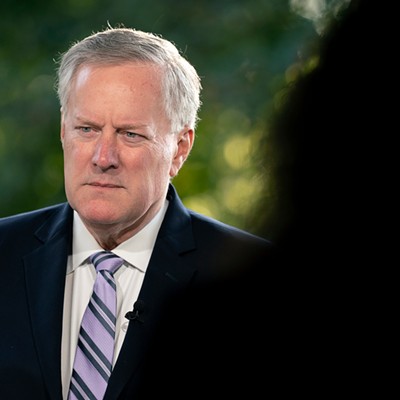
By CONOR DOUGHERTY
© 2017 New York Times News Service
For decades, the tax code has been filled with rewards for homeownership. Tax breaks encourage people to get into first homes and to trade up as they get older, building a national mindset that you’re never quite middle class until you’ve qualified for a mortgage.
The bill will increase many homeowners’ monthly housing costs by scaling back deductions that allow them to reduce mortgage interest and property taxes. And by roughly doubling the standard deduction, it reduces the incentive to buy homes by making far fewer homeowners eligible for preferential tax treatment.
Today, a little under half of U.S. homes are worth enough to justify itemizing mortgage interest and property taxes. Under the tax legislation, that figure would fall to close to 14 percent, according to an analysis of the plan by the online real estate marketplace Zillow.
The Republican plan, in short, is tinkering with subsidies so entrenched in the social fabric that they have become entitlements in all but name.
“It suggests a limit in the federal government’s willingness to subsidize ownership,” said Edward Glaeser, an economist at Harvard. “It’s also a reflection of just how expensive housing has become, and how it feels problematic to be using the tax code to support people buying houses that are this expensive or, even worse, to be encouraging housing prices to rise further.”
Edward J. Pinto, co-director of the conservative American Enterprise Institute’s Center for Housing Markets and Finance, has described the interest deduction and other homeowner subsidies as a wasteful giveaway that inflates home prices and encourages people to borrow excessively.
“My basic view is if you subsidize something you’ll get more of it, and as a country we’ve been subsidizing debt,” he said.
The bill does retain significant subsidies, allowing homebuyers to deduct interest on mortgages as high as $750,000 — accounting for the vast majority — and up to $10,000 total in property taxes and state and local income taxes.















